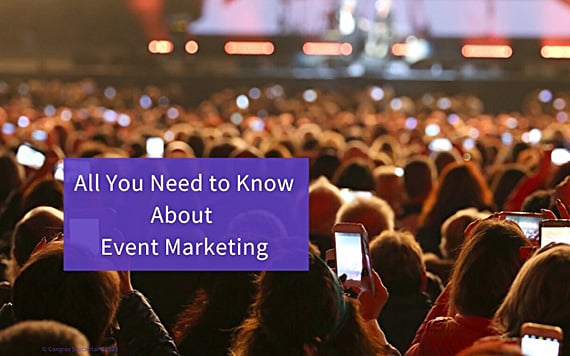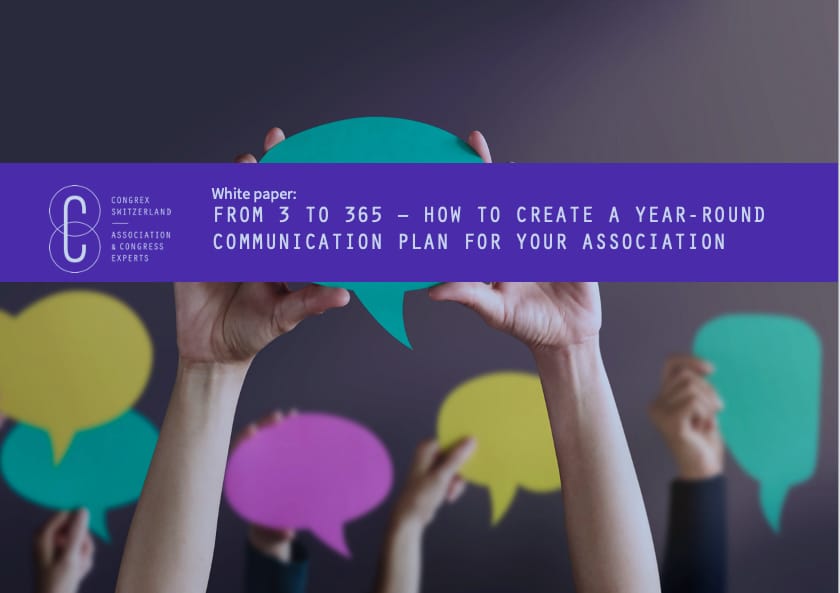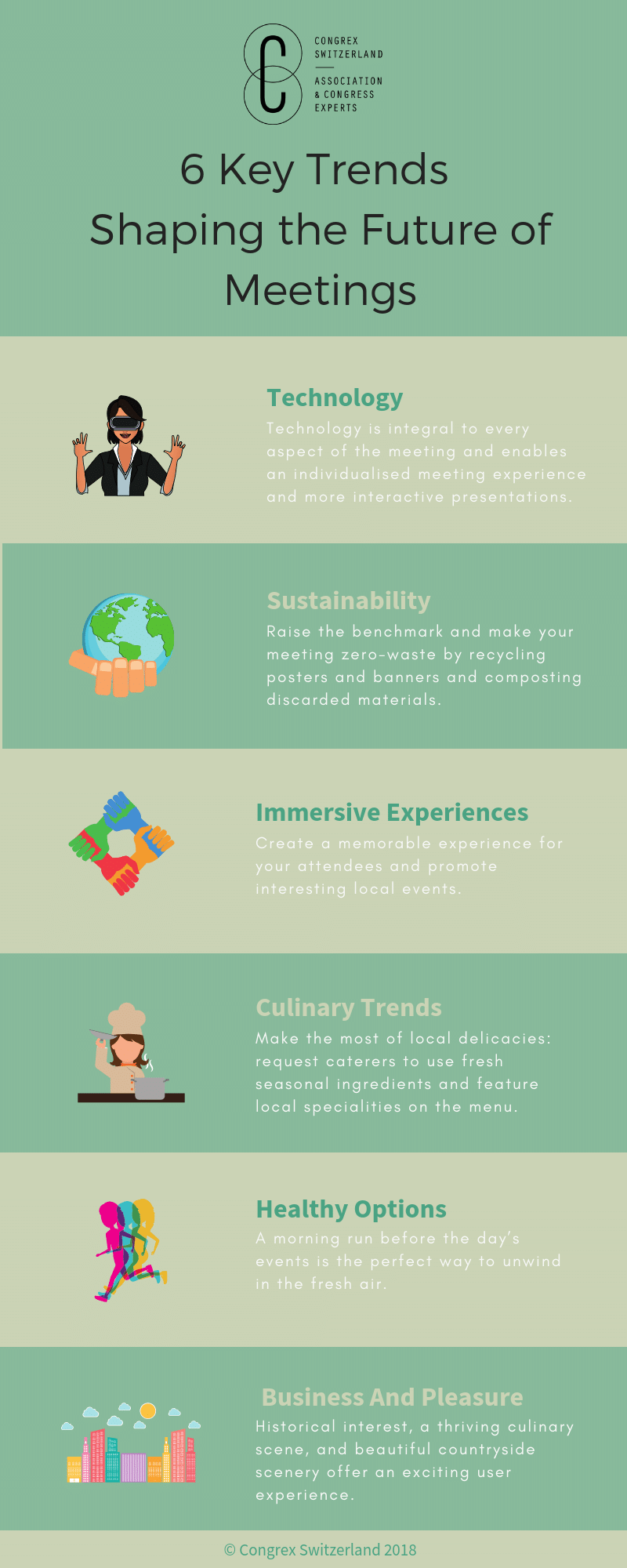Live events are gaining popularity in improving sales and driving business value. Studies indicate that companies are willing to spend 30% of their marketing budgets on events. Events are also a brilliant idea for building brand awareness and establishing long-lasting relationships with customers. The events capture the attention of the target audience and provide a memorable experience. Read on to discover how to market your next event.
RELATED: A Complete Guide To Conference Social Media Marketing
Event Marketing Defined
Event marketing uses in-person interactions to promote a brand, product, or service. The promotional strategy is perfect because it reaches out to consumers when they are pliable and in a participatory position. With the growing demand for live events, you will find multiple types of events that serve different purposes. Understanding what is required on these occasions can help the event organisers to choose the ones that align with their goals. Some of the event types include:
- Conferences: They are large-scale events, which utilise educational workshops, keynote speakers, and networking sessions to promote a particular concept or product.
- Trade shows: They are industry events that use expos to present products from various related brands. They promote interactions between industry movers and shakers.
- Seminars: They focus on imparting knowledge and allowing in-depth discussions and information sharing.
- Ceremonies and galas: A company can host an award event or fundraising to mark a special occasion. These ceremonies and parties are a sophisticated way to introduce a brand to attendees.
- Online marketing events: Digital marketing events use online platforms to promote how a product or brand can address customers’ pain points. Apart from reaching a global audience, they are timely and can discuss time-sensitive topics since they do not require intense planning.
- Webinars: Live webinars revolve around product presentations, demos, and discussions to promote engagement with customers and prospects.
RELATED: Dos and Don’ts for Effective Conference Networking
Event Marketing Strategies
When you are planning an event, you need a marketing plan to encourage interest and build momentum towards your occasion. Here are key strategies to help you promote your event:
- Define your goals: Every event begins with identifying goals. Do you want to launch a new product, build a customer base, or educate people on the use of a product? Once you have established the objectives, you can come up with strategies to achieve them.
- Decide the timeline and theme: Once you begin your promotion campaigns, people will want to know when the event will take place and what they stand to gain from attending. A theme and specific timeline will help you to answer their questions.
- Know your attendees: This will help you to find the right event marketing channel to use. Based on the characteristics of the attendees, you can use social media, email, or your website to promote the event.
- Marketing during the event: To maximise interaction, you need to have a plan for interacting with the audience. For instance, you can use micro mapping, event hashtags, augmented reality, and virtual reality.
The Importance of Event Marketing
Companies are always striving to stay ahead of the competition in the crowded market place. Having a solid event marketing plan increases your chances of success. By combining your event promotions and content marketing efforts, you can build lasting relationships with your potential customers. Hosting an event has the following benefits:
Building Brand Awareness
Companies that sponsor or participate in events differentiate themselves from their competition by building their brand’s reputation. Events provide a rare opportunity to engage a specific audience and highlight the personality of your brand. However, to capitalise on an event, you need to focus your marketing efforts on event attendees and strive to create memorable experiences.
Promoting Customer Engagement
Emotional connections humanise a company and increase customer retention rates. Live events can help you to form authentic relationships by immersing your customers in a unique experience. Besides, active customers are likely to refer your brand to their friends.
RELATED: 7 Principles To Increase Conference Attendee Engagement
Lead Generation
People attending your event already have an interest in your product. Therefore, you need to facilitate their purchasing process by addressing their pain points and helping them make a decision. You can also use various touchpoints to generate additional leads and nurture them.
Educating Prospects
A live event helps prospective customers to understand a brand. The keynote speakers provide valuable information on ways of maximising the use of a product. If you have an event website, you can use webinars and virtual presentations to educate your target audience before and during the event.
Live events are maintaining their status as an effective promotional strategy for businesses. Therefore, if you put more effort into your events, you can build a strong reputation and improve your organisation’s performance.
——
Congrex Switzerland is an internationally operating agency providing customised solutions. This encompasses the overall organisation of conferences and meetings, including the management of hotel rooms and the strategic consultancy. Annually Congrex Switzerland organises approximately 45 events with over 73’000 delegates. Amongst our clients are international associations, governmental organisations and corporations. Say hello!








